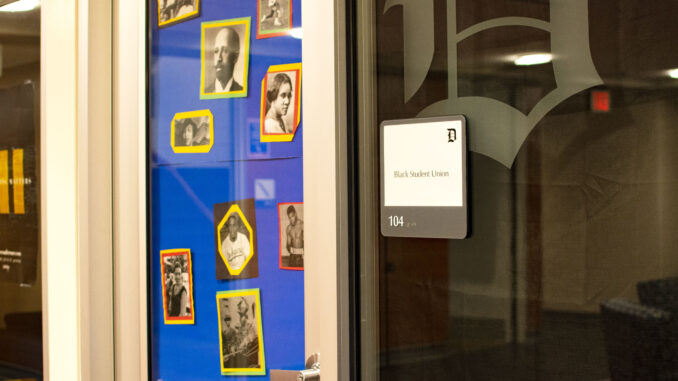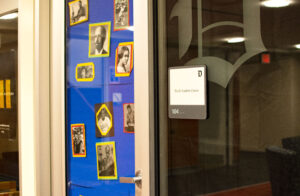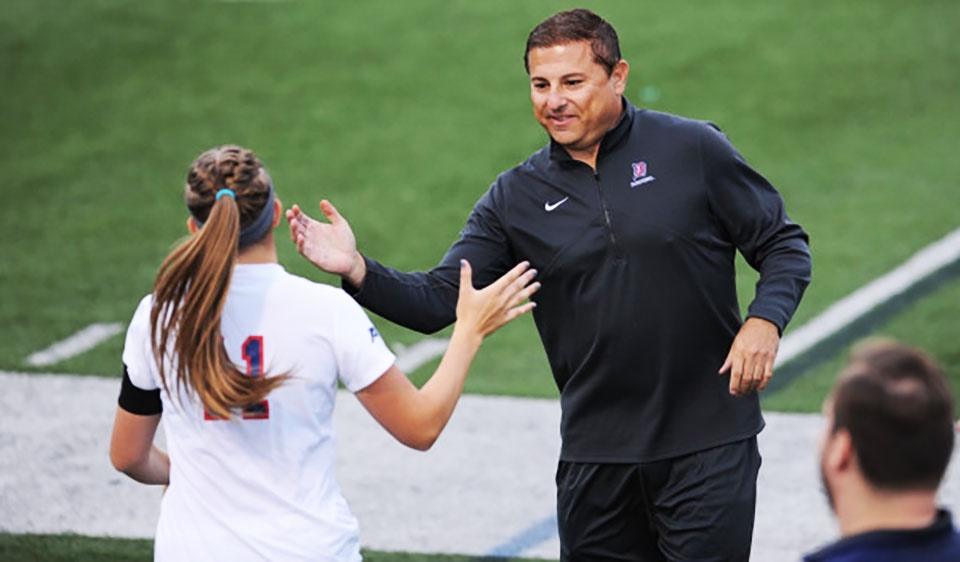
8/27/2020

Colleen Hammond | News Editor
In the wake of civil unrest across the country as racial justice protests continue to surge in several major cities, Duquesne’s minority student leaders are done waiting for change. They want immediate action.
On July 27, Duquesne’s Black Student Union (BSU), in accord with a dozen other minority organizations on campus, published a document addressed to President Gormley and university administration detailing the specific changes needed to accommodate the unique struggles of minority, and specifically, Black students.
“Due to the current political and racial tension, and the unjust murders of Black men and women in the world, we are calling for Duquesne University to hear us and see us for our color and acknowledge its room for improvement,” the document said.
Members of the BSU met frequently over the summer to craft this extensive twelve page document that outlines “a series of action plans designed to enhance and establish a more diverse and inclusive atmosphere for all students, more specifically the Black students, at Duquesne University.”
Their plan proposed a variety of short and long term “actions plans” that touch on nearly every aspect of campus life including athletics, residence life and Greek life.
Among the short-term action plans is a “call to action” for administration to expand the DU Cares Program to include acts of racial descrimination as part of the student conduct rules, stating that perpetrators of racism or descrimination should be punished and held accountable for their actions. In addition, BSU and their supporters requested for an anonymous racism reporting system.
“It’s about time that people are reprimanded for their actions,” Brianna Smalls, BSU’s vice president of campus engagement said.
Smalls noted the often unnoticed difficulties of being a minority student at a predominantly white university.
“When I go outside, it’s like wow…it’s only me,” Smalls said.
Smalls and her peers at BSU took their time crafting this document, yet they urge the university to take immediate action to enhance the livelihood of its Black students.
Many student groups like BSU across the country have made similar demands to their universities, stating that the status quo for Black students must change after the death of George Floyd in May and the accompanying resurgence of civil rights advocacy across America.
“We cannot just go about business with our lives,” Kayla Harris, executive vice president of the Black Student Union, said.
Harris and Smalls both vocalized their discontent with the emails sent out to students in regard to the death of George Floyd and subsequent protests in Pittsburgh.
In a statement from President Gormley on May 31, he chose not to address Duquesne’s stance on racial justice. Instead, he assured the Duquesne community that no campus property had been damaged in the protests.
“Although the protest swelled to a large size yesterday and came close to campus on Forbes and Fifth avenues, and resulted in several incidents near Centre Avenue, there was no damage done to our campus and no injury to Duquesne faculty, staff, students or personnel, including our officers who stayed on the periphery,” Gormley said in the statement.
This attitude, Smalls noted, is why President Gormley was mentioned by name in the list of demands.
“What fueled us calling out Ken Gormley and (Duquesne Vice President of Student Life) Doug Frizzell was the email about George Floyd,” Smalls said.
However, these are not the only major concerns BSU has about campus life and their role in it. The document also places a large emphasis on the disparity of mental health services available for Black students.
“We carry the weight of the world on our shoulders everyday,” Harris said.
Black students, Harris noted, face a unique type of stress and trauma. Their demands urge the university to hire mental health professionals who are specifically trained to deal with the effects of racism on a person’s mental health.
“A therapist can understand what I’m saying but not really empathize with my struggles,” Smalls said.
Anthony Kane, Director of the Office of Diversity and Inclusion, who has a background in counseling, said he hopes to help students “become one with their identity” through the resources and support of his office.
“As long as we each do our part, we can achieve a lot,” Kane said.
In addition to the ongoing work at the Office of Diversity and Inclusion, Harris, Smalls and their peers at BSU hope this document will be a long lasting influence for change at Duquesne for all minority students.
“I really wanted everyone’s voice to be included,” Harris said, highlighting the importance of other minority groups on campus in the fight for equality.
Despite sending this document to university administration a month ago, BSU students said they have heard very little response. Harris stated that Gormley emailed the group to acknowledge the publication of the demands, but has not yet provided the students with a concrete plan to implement these changes.
“President Gormley is moving forward with his team to examine the various requests, many of which the University is working on now,” Gabe Welsch, vice president for marketing and communications at Duquesne said.
“I wasn’t expecting them to respond to us,” Smalls said. “They like to turn a blind eye to us.”
Still, BSU leadership is determined to continue the fight for equality and racial justice on Duquesne’s campus.
“At the end of the day, people of color just want to be treated like everyone else,” Smalls said.



